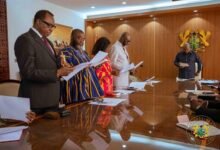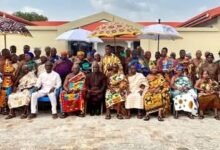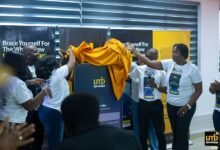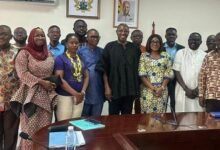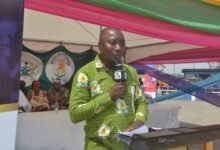Establish energy research centres to boost electricity production …ECOWAS leaders urged
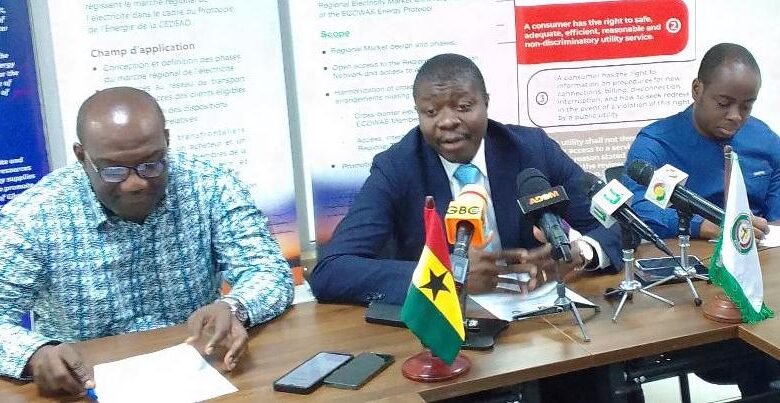
Leaders of the Economy Community of West Africa States (ECOWAS) have been urged to partner with the universities to establish energy research centres to boost electricity production in their respective countries.
According to the Chairman of the ECOWAS Regional Electricity Regulatory Authority (ERERA), Mr Kocou Laurant R. Tossou, member countries were the best consumers of electricity, therefore it behooved on them to partner major stakeholders in harmonising national policies and regulations related to electricity trading and cross-border electricity infrastructure to facilitate efficient trade and ensure supply security as well as establishing mechanisms for the security of payments.
The leaders of the Economic Community of West African States have been urged to collaborate with universities in setting up energy research centre to enhance electricity generation in their individual nations.
Mr Kocou Laurant R. Tossou, the Chairman of the ECOWAS Regional Electricity Regulatory Authority (ERERA), said member countries were the primary consumers of electricity hence the need for them to work with key stakeholders to align national policies and regulations concerning electricity trade and cross-border electricity infrastructure.
This, he said, would facilitate smooth trade, ensure a secure supply, and establish payment security mechanisms.
Mr Tossou who made the call at a media briefing on Wednesday in Accra as prelude to the upcoming 9th ERERA forum slated for July 22-24, said the forum would discuss among others, resolving disputes, and enforcing agreements related to electricity trade within the region.
It would also enable participants to analyse the role of national policies in shaping electricity trade security within the ECOWAS region, evaluate, free market principles cross-border electricity trading countries, examine the challenges and opportunities presented by the interplay between national policies and free market principles in ensuring electricity trade security along the value chain.
It is also expected to assist the expects to investigate the potential impact of regional cooperation initiatives on enhancing electricity trade security in the ECOWAS region, compare and contrast different approaches to balancing national interests with the principles of free trade in the context of electricity trading in West Africa as well as delving into issues that gain comprehensive understanding of the dynamics at play in ensuring electricity trade security in the ECOWAS region.
The forum would also seek to strengthen the role of key players, including national policymakers, market players, and ECOWAS institutions, in developing a regional framework for electricity trade that balances the need for security of the electricity supply of states with the principles of free market competition.
Mr Tossou pointed out that purchasing electricity from other countries was more cost-effective, emphasising the need to establish a robust market among member states, given that the continent is the largest consumer of electricity.
The Executive Secretary of the Energy Commission, Mr Oscar Amonoo-Neizer, for his part, assured ECOWAS of Ghana’s full support towards ensuring a successful forum.
He explained that the forum was timely as it would take stock and access the barriers and inadequacies that hinder effective supply of electricity, adding “this is not the time for talk shop, but a period to take stock and take concrete decisions to move the continent to another level in its electricity generation.”
The Executive Secretary of the Public Utilities Regulatory Authority, Dr Ishmael Ackah, indicated that the forum would assist the experts formulate policies that would promote the development of resilient markets aimed at ensuring member countries benefit from the common market.
BY LAWRENCE VOMAFA AKPALU


